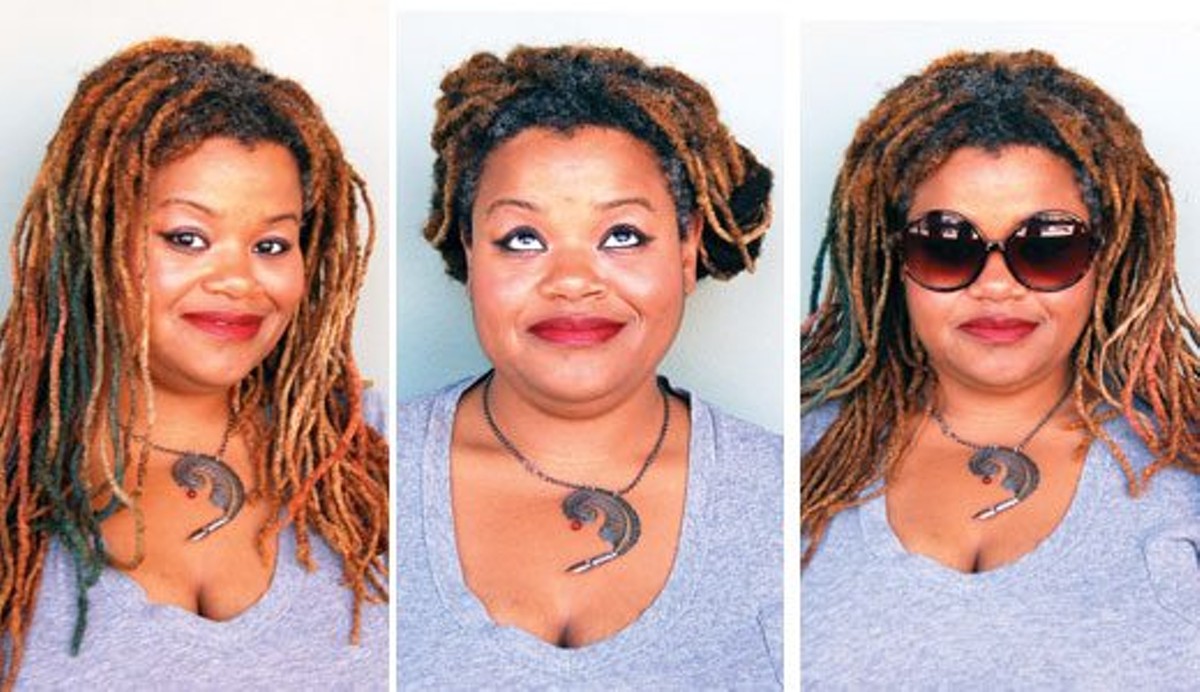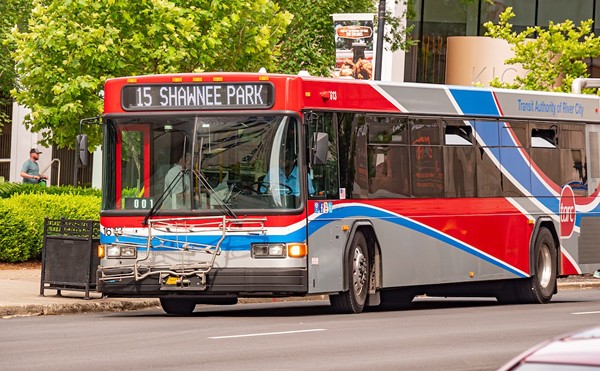I have a few thoughts about Butler Traditional High School’s dress code/hair policy, which was abruptly suspended last week after community outrage. Let me say this right up top — or for those who aren’t used to AAVE, African-American Vernacular English — let me say this at the beginning: Black hair is not, and cannot continue to be, the locus of racist, classist and antiquated colonial policies.
The dress code said that; “No dreadlocks, cornrolls [sic], twists” are permitted. Let’s repeat. “No dreadlocks, [cornrows], twists” are permitted. Not permitted, despite the well-documented fact that each of these styles represents, not only rich cultural heritages, but also economically-sound options, especially for parents who are already strapped with the cost of school fees, books and clothing.
When I first saw the dress code, shared on Twitter by state Rep.-elect Attica Scott, my response was a long, very slow blink. Then I ran to my calendar to check that it was, in fact, 2016 and not 1957, because I was sure that, by now, we all understood that black hair does not behave and cannot be maintained like white people’s hair. When I asked Scott for her feelings about this policy, she said, “As a mom of black children, I want them to be able to represent their culture and heritage. How offensive for [Jefferson County Public Schools] to decide to police their hair.”
My two cents is, and Butler Principal William Allen, who is black, needs to hear this loud and clear: Black hair is not white hair. It is different. This policy was horse shit, and you should have known better. If you didn’t know what was happening, you should have been paying more attention. To be served that offense from one of our own is inexcusable.
For Butler to direct its lens so intently on specific hairstyles speaks loudly to the outmoded colonial values of which “traditional” education is often accused. As a former traditional schoolkid myself, the “traditional” approach simply means the way white people did it in the 1950s. It has nothing to do with any real tradition, and traditions are not static and vary from culture to culture. Let me note that Male Traditional High school does not have a policy that is overly specific in these ways. So what does this say about Butler as a unique entity?
I’m going to go out on a limb to say that some of Shively’s old demons are alive and well. Butler is located in Shively, which has a deep history of racial division, including being the site of the 1954 bombing of the Andrew Wade family home.
Look it up.
Despite the large African-American population in the South End, these tensions persist and periodically come above water in ways that show little learning has happened since the 1950s.
Butler’s policy is like many that impose the value systems of dominant culture on people whose own heritage and cultures differ significantly. In education, these types of policies might even be illegal, in terms of disparate impact. Simply put, disparate impact occurs when policies, or practices, in places of housing, employment or education adversely impact protected classes such as minorities and women.
I think this fits.
I would argue that any attempted ban on these particular hairstyles represents an effort, by schools like Butler and districts like JCPS, to continue the ratification of white values and, in essence, impose economic sanctions against communities of color. I say this because of the expense in trying to maintain black hair with white styles (straightening, perming and adding extensions that emulate white hair). I would add that the impact of this is felt most by young black women and their families.
Certainly, if a young black woman chooses to wear her hair in any of these other ways, she is welcome to do so. But the cost of that cannot be a requirement of education.
The policies aren’t new. They pop up regularly and are rewritten, with as much regularity, due to the legal implications. They represent hangovers from a racist, colonial past, and we need to — ‘scuse my French — let that shit go.







